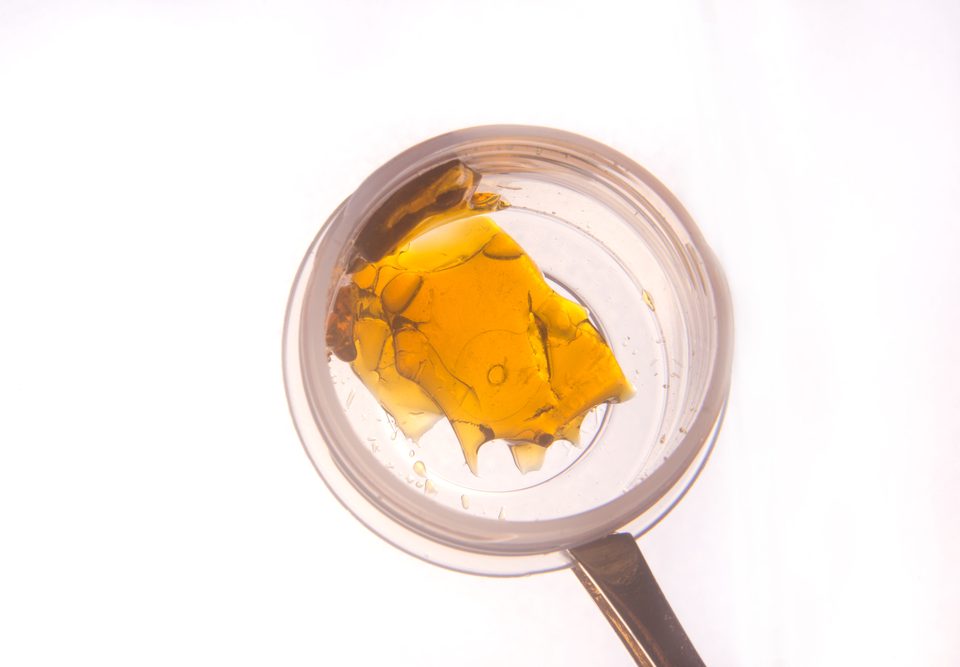
The Power of Releasing Fear
May 17, 2024
Teaching Boundaries Starting Young
May 22, 2024There are signs and symptoms that could suggest a substance use disorder in a child.
These may include:
- Changes in behavior: Such as sudden mood swings, withdrawal from family and friends, irritability, aggression, or secretive behavior.
- Decline in academic or work performance: A sudden drop in grades or work performance may indicate a problem.
- Physical signs: These can vary depending on the substance being used but may include bloodshot eyes, dilated or constricted pupils, changes in appetite or sleep patterns, tremors, or unexplained bruises or marks.
- Financial issues: Sudden requests for money without a clear explanation or unexplained missing money or valuables may suggest substance use.
- Changes in social circle: Spending time with a new group of friends who may also be using drugs or alcohol.
- Neglect of responsibilities: Neglecting chores, personal hygiene, or other responsibilities.
- Legal problems: Involvement with law enforcement or getting into trouble at school or work due to substance use.
If you are concerned about your child’s substance use, it’s important to have an open and honest conversation with them. Express your concerns calmly and without judgment, and encourage them to seek help if needed. Additionally, seeking guidance from a medical professional or a counselor experienced in substance abuse can provide valuable support and resources for both you and your child.
To learn more tips and parenting subscribe to MASK The Magazine, parenting solutions for today’s families
https://www.tools4teaching.com/product/mask-the-magazine/
Or
Did you know that you can add past issues of MASK The Magazine and start your MASK Library –
https://www.tools4teaching.com/product/single-issues-of-mask-the-magazine/
Enroll your child or school in the MASK E3 Institute to equip them with the knowledge to make safe healthy and informed decisions.



